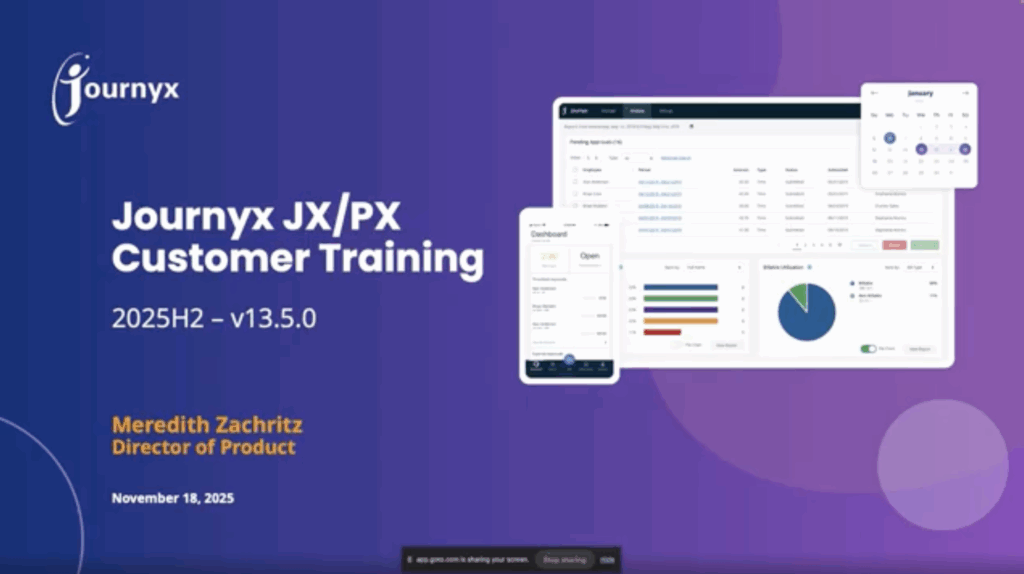The Hidden Costs of Poor Time Tracking in Field Services
Time is Money—Especially in the Field
In field-heavy industries, labor isn’t just an expense, it’s the core driver of service delivery, project profitability, and customer satisfaction. Labor costs typically account for a large fraction (often close to half) of total project expenses in sectors like pipeline integrity, water system maintenance, and industrial services. And yet, for many organizations, the time data that underpins this massive cost center is incomplete, delayed, or error-prone.
From midstream energy and renewables to utilities and AIM service providers in telecom, water, and rail, companies are waking up to a simple truth: poor time tracking silently eats away at both your top and bottom line. The consequences aren’t always visible on the balance sheet—until they snowball into cash flow crises, failed audits, or resource shortages.
Invoicing Delays and Revenue Leakage
When time data is stuck on paper forms, buried in email attachments, or spread across multiple spreadsheets, invoicing gets delayed. Field teams might submit their hours days late, or not at all. Each delay creates a lag in billing cycles, while inaccuracies lead to underbilling and revenue left on the table.
In time-and-materials (T&M) contracts, this leakage is especially damaging. Cash flow suffers, DSO (days sales outstanding) climbs, and trust with clients erodes.
The Fix: Streamlined workflows with configurable approvals, real-time syncing with ERPs, and always-on availability keep your billing engine running smoothly.
Cost Misallocation and Project Overruns
In field service operations, labor costs must be accurately tagged to the right job, location, client, and sometime even a piece of equipment. When they aren’t, project managers fly blind. Misallocations distort actual vs. budget reports, making it nearly impossible to assess profitability by job or account.
This gets even more complex in multi-layered service environments: think inspection crews operating across assets, with subcontracted labor and shared machinery.
The Fix: Systems that support multi-dimensional cost allocation and equipment-level tracking enable precise project costing and help rein in overruns before they snowball.
Compliance and Audit Exposure
AIM firms, utilities, and industrial services providers don’t just answer to clients—they answer to regulators. Whether it’s OSHA safety logs, DCAA payroll compliance, or FERC reporting obligations, poorly documented time can expose companies to serious risk.
Without accurate records, organizations may face:
- Fines and penalties
- Disqualified government contracts
- Union grievances
- Reputational damage
The Fix: Tools that handle complex payroll rules, create audit trails, and provide robust, flexible reporting protect you from costly surprises.
Siloed Systems and Wasted Admin Time
In many organizations, time data is an island. After it’s captured, it still must be re-entered into ERP systems for billing, into payroll systems for compensation, and into project systems for costing.
This wastes back-office hours, introduces transcription errors, and creates version-control headaches when audits come around.
The Fix: Deep integrations with platforms like NetSuite, Microsoft Dynamics, and Sage Intacct eliminate redundant data entry and keep teams focused on value-added work.
Hidden Costs, Real Consequences
The impact of poor time tracking adds up fast:
- Days or weeks of delayed billing
- Thousands in unrecovered labor costs
- Fines or disqualification from regulated work
- Disengaged field staff and regrettable turnover
- Wasted admin effort on reconciliation and rework
And often, leaders don’t realize the damage until margins shrink, audits fail, or key clients start asking uncomfortable questions.
Time Tracking Isn’t Just Admin—It’s Strategic Infrastructure
Imagine a field service company where:
- Technicians log time (and equipment usage) from their mobile device as work happens
- Time input is aligned to contract and compliance rules
- Approval flows are automated and can be set for multiple levels
- Every hour is properly tagged to the right job, asset, and client
- Finance can trust time data to fuel payroll, billing, and cost reports
This isn’t science fiction. It’s what the highest performing AIM, utility, and industrial service providers are doing right now.
Quick Self-Assessment: Are You Losing Money on Time?
| Questions to ask yourself | Yes | No |
| Is your invoicing regularly delayed due to late or incomplete time entries? | ||
| Is your invoicing usually on-time, yet you miss key data due to late or incomplete timesheets that you have to rectify later? | ||
| Are you confident every labor hour is tagged to the correct project/equipment? | ||
| Can you produce audit-ready time records in minutes? | ||
| Do your field technicians find your current time system easy to use? | ||
| Are you and your teams entering time data only once (not into multiple systems)? |
If you checked “No” more than once, it’s time to ask yourself: What’s poor time tracking costing me?
Ready to remedy these hidden costs for your business?
Labor intensive business? Manage cost allocation and budget control, regulatory compliance audits, field management, workforce optimization, along with risk management and response with time tracking from Journyx.



